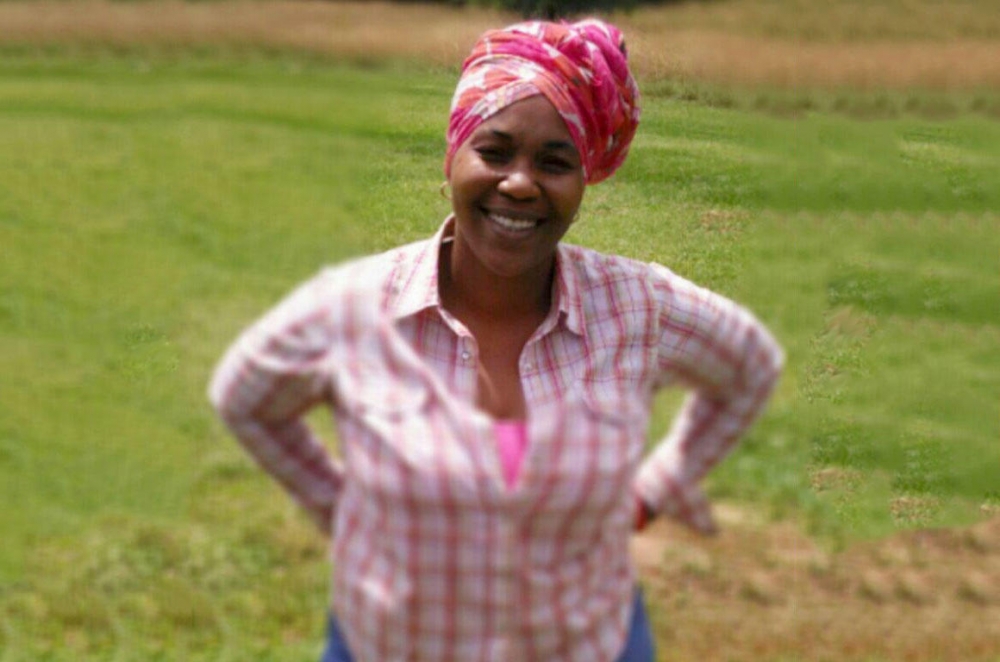Head Coverings, Part 1: My Personal Journey (The Domestic Theologian)

Before beginning my foray into formal theological study a few years ago, I had never heard a single person in the church openly indicate (or even imply) that the passage on female head covering in 1 Corinthians 11:2-16 is to be applied in the Christian church today. I’ve been going to church since I was in diapers, but it wasn’t until 2016 that I met some sisters in Christ who revealed that they practice head covering. The more I talked with these women and the more I opened up in questioning their interpretation, the more my eyes were opened to women in my close personal circles – in my own church congregation, even – who also apply the passage in this way.
I was stunned at first. I definitely stuck my foot in my mouth on many occasions with phrases like, “Surely you know this passage is about Corinthian culture. You need to repent of your legalism.” This is what I had always been told and I never thought to question it. And to be honest, I didn’t want to question it. I didn’t want to stick out like a sore thumb in a culture that demands I have both the looks and the feminism of Emma Watson. I didn’t want to look like an Amish grandmother in comparison.
The more I had these hard conversations with my patient friends, however, the more I felt convicted about my rationale (or lack thereof) for objecting to this passage’s modern application. For several months in 2017, I began covering during corporate worship (the formal gathering of the local church) but hadn’t come to any solid conclusions at this time except that I didn’t trust my motives for objecting. I decided I would rather be safe than sorry, so to speak, until I came to a more solid conclusion; I had at least decided that while it definitely isn’t disobedient to cover, it might be disobedient not to. It wasn’t too much trouble to tie on a bandana once a week until I actually studied the subject in depth.
After several months I wavered again. I had experienced some pushback from some close believing friends, and being a people-pleaser, it wrecked me to experience this conflict over a conviction I already wasn’t confident about. I started reading through the passage critically again. The arguments of both sides seemed equally heavy. Life became exceptionally busy when Devynn and I started dating and got engaged, and I completely forgot about it for almost a year.
Then one random day in June, I was hit with a wall of conviction – not about my failure to cover, per se, but about my apathy. I didn’t care whether or not I was being disobedient, and I didn’t care to seek answers in Scripture. So I sat down, wrote a list of all my questions and objections, pulled out every commentary and Bible translation I could find in our house, and sprawled out on the floor with them. And here’s the thing about this passage, its language, and the controversy surrounding it: I spent nearly four hours like this, but only one or two out of my nine or ten questions had been answered in any definitive way.
>> READ THE REST ON THE DOMESTIC THEOLOGIAN
- Share
- Like
- Tweet
- Pin It
- Digg
- Delicious
- Tumblr
- VKontakte
- Flattr
- Buffer
- Love This
- Odnoklassniki
- Meneame
- Blogger
- Amazon
- Yahoo Mail
- Gmail
- AOL
- Newsvine
- HackerNews
- Evernote
- MySpace
- Mail.ru
- Viadeo
- Line
- Comments
- Yummly
- SMS
- Viber
- Telegram
- Subscribe
- Skype
- Facebook Messenger
- Kakao
- LiveJournal
- Yammer
- Edgar
- Fintel
- Mix
- Instapaper
- Copy Link




